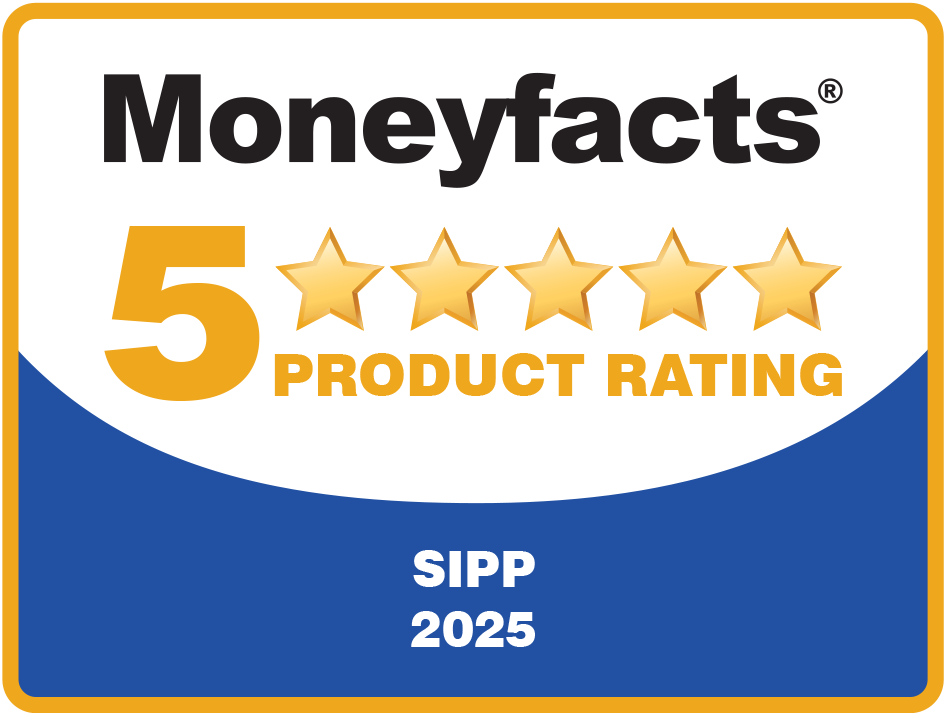Why we prefer to use one of our panel solicitors for commercial property purchase, and how it helps you
This article is intended for financial services professionals only. None of the information contained in this article should be received as advice. Pensions are a complicated area of financial planning and IPM suggests that financial advice from a suitably regulated financial adviser is sought before an individual takes any action in respect of their pension savings.
Holding commercial property in a SIPP is a popular investment choice for IPM clients.
- As of June 2025, we own over 1,200 properties on behalf of clients.
- In the first quarter of 2025, the number of transactions we instructed on was over 26% up on the same period of 2024.
- We typically have around 80 – 90 transactions going on at any one time.
In our monthly content, we often consider different aspects of holding a property in a SIPP. That includes transfers in-specie from other providers, the types of properties we own on behalf of clients, and the reasons why we think IPM should be your first choice SIPP provider for this kind of work.
As a general rule, we try to be as flexible as possible when accommodating clients’ requirements, and this extends to the third parties clients can work with within the IPM SIPP. We do not operate panels of investment houses clients must select from, meaning you can select the most suitable discretionary fund manager, platform, stockbroker, or cash management solution that best meets a client’s requirements, subject to us undertaking our own assessments.
This is similar when it comes to commercial property purchase, too. We do not operate panels of banks that clients must work with when securing borrowing, surveyors that must be used to provide IPM with a valuation (so long as they are RICS), or insist clients work with a specific property manager; in some instances, clients can even appoint themselves in this role.
However, we are a little stricter when it comes to appointing a solicitor to act on IPM’s behalf in a property transaction. We have a panel from which we like to appoint. Here, we will go into more detail as to why this is, and demonstrate the benefits of operating in this way.
Background
IPM was established in November 1999, following the sale of a business that had previously operated a self-invested personal pension scheme for around 300 clients. At the time, commercial property in SIPPs was already something scheme members were undertaking.
We started to work with a couple of solicitors regularly, who not only proved to be excellent in their work, but also had a good understanding of the specific requirements of buying property within the HMRC guidelines that cover SIPPs.
Fairly soon after the establishment of IPM, we decided that we would create a small panel of solicitors to act on IPM’s behalf on all transactions.
In most instances, a panel solicitor will act on the SIPP’s behalf. However, we decided we would also try and offer flexibility for clients to appoint their own solicitors if they wish. While IPM decided not to make a charge for this, we would require a member from our panel to be appointed to oversee the transaction; this is to protect IPM’s interests in our role of trustee and legal owner of the property.
Extra considerations when buying in a SIPP
SIPPs and pensions in general are great tools for advisers when building clients’ financial plans. Part of the attraction of pensions is the tax efficiency; monies into a SIPP are usually tax-relievable, assets grow within the pension tax-free, and there is no Capital Gains Tax on disposal. We’ll ignore the elephant in the room regarding what future IHT proposals may look like for now…!
When you combine these benefits with purchasing a commercial property, it’s clear to see why using a SIPP could be advantageous for clients.
However, in exchange for all these tax advantages, HMRC has guidelines that all transactions must follow. And it is these guidelines that IPM – and by extension the solicitors appointed to act on the purchase – are here to ensure are followed on a client’s behalf.
These guidelines are wide-ranging but can include:
- Ensuring the SIPP does not acquire residential property, which can result in significant tax charges
- Where there is a connection between the SIPP beneficiary and the property, whether this is during the transaction phase or as the tenant, ensuring that all transactions are carried out at market value
- Where borrowing is required, ensuring this is restricted to 50% of the SIPP’s assets and that any loan agreements are acceptable for a SIPP transaction.
Getting any of these wrong can prove costly for a client’s pension. As trustee, IPM’s primary role is to protect the SIPP at all times. By working with panel solicitors who each have 25 years’ experience and more in SIPP transactions, this gives us confidence in the solicitors acting for the SIPP.
IPM’s requirements
Alongside the guidelines set out by HMRC, our more than 25 years of experience in buying property in SIPPs has taught us some lessons along the way. As such, just because HMRC guidelines may suggest that something is permissible within a SIPP, this doesn’t always mean that this is the right thing to do.
At IPM, we always try to be as accommodating as possible. However, where we have concerns are where an action could lead to either a tax charge on the SIPP, or could cause ongoing administrative issues.
Our panel solicitors know our red lines. They know when liaising with vendors’ solicitors, agents, and surveyors the things that are acceptable to us and the things that we will baulk at. They also know alternatives that will work for us, turning potential problems into solutions.
By having solicitors so in tune with what is acceptable to us, it not only gives IPM significant comfort, but it can also aid the conveyancing process, helping all parties achieve completion as soon as possible.
Examples of some of the things our solicitors will look out for include:
- Mortgagee protection clauses not included in leasehold titles. The absence of this clause can severely impact the SIPP’s ability to sell the property in the future, meaning that we have less chance of achieving market value on a sale.
- Rights of way and access requirements. Again, with an eye to a future sale, we need to ensure that the future marketability of the property is there to prevent future issues; what may work for the tenant on this occasion may not always be the case.
- How IPM feels about potential residential involvement in a transaction. HMRC’s definition of residential property is “somewhere suitable for a dwelling”. Pretty vague, and getting this wrong can lead to tax charges. We have our own views on the levels of risk we will take here and our panel solicitors are aware of this.
An ongoing relationship
Ultimately, we are all working towards achieving the best possible outcome for the client. When it comes to commercial property purchases, this usually means completing the transaction in the most efficient manner possible on a basis agreeable to a client.
Purchasing property can be emotive. There can be external pressures that could be influencing your client, the seller, or the tenant. Sometimes things go wrong, or get missed. And, if you’ve ever been involved in any property transaction, it sometimes feels like these matters can go on for some time with little progress.
The personal nature of property transactions is why we feel the IPM SIPP is a good solution for clients undertaking this kind of work. A member of our property team is allocated to each transaction, giving a point of contact from instruction to completion and beyond. Our team can be contacted by phone or email directly; no automated answering systems or generic email addresses!
When you have worked with people for over 25 years, you naturally build up a good relationship with them. This is the position we are at with our panel solicitors.
We have lost count of the number of times where something has happened on a purchase and we needed a favour. It could be pushing a piece of work high up the list to be looked at, or it could be a quick opinion that would usually take days or weeks. Also, there have been many occasions when they have found a solution to an issue that may otherwise have scuppered the whole deal.
In an increasingly automated world, relationships continue to be important. By having this in place with our panel solicitors, we are confident we can continue to deliver a high-level service to our advisers and clients when purchasing commercial property, balanced with protecting the pension scheme at all times.
Get in touch
If you want to have a chat about the potential of SIPPs for your clients, or any other aspects of pension planning, please contact us. Email info@ipm-pensions.co.uk or call 01438 747151.



